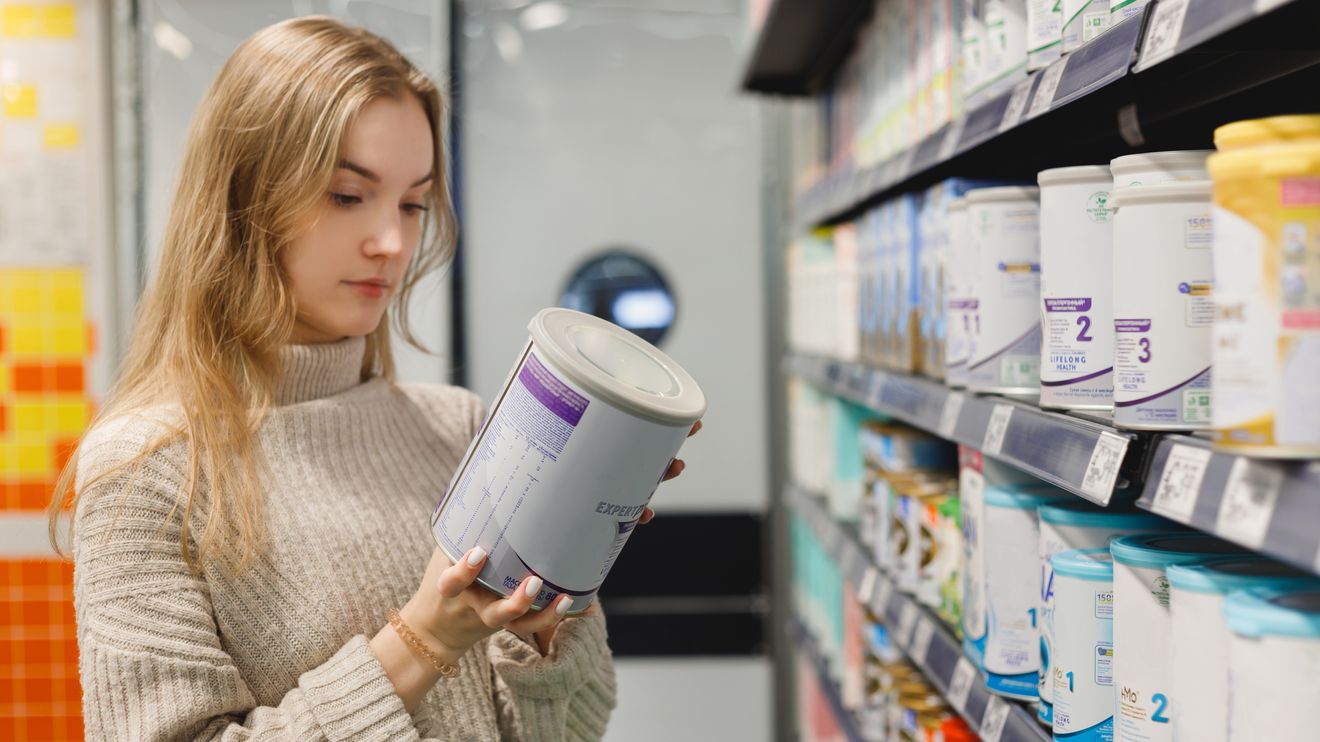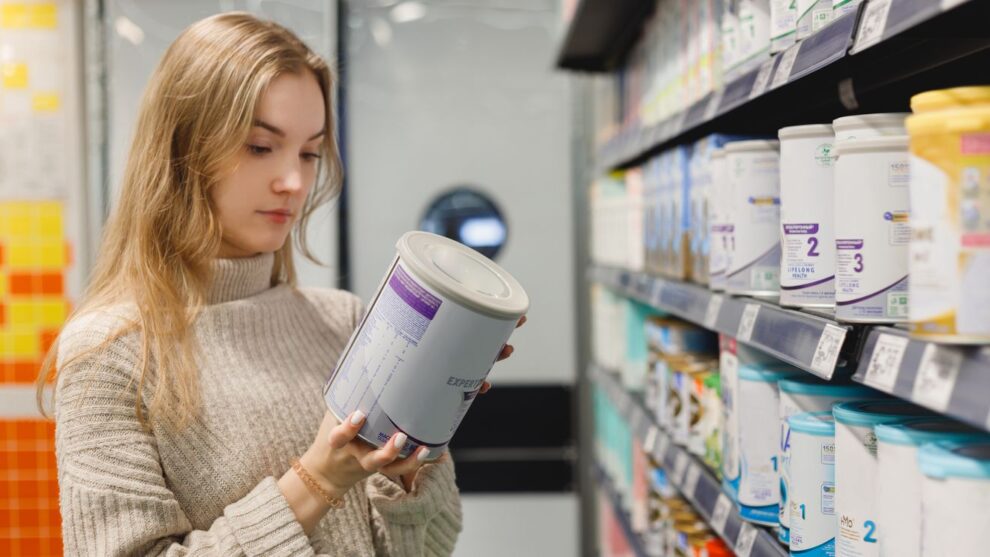
Manufacturers of infant formula often boast that their products will help foster a baby’s development. Abbott ABT, +0.34% says of its Similac Pro-Advance formula that it’s “designed to support both immune and cognitive development with key ingredients found in breast milk,” while Reckitt RKT, +0.80% says its Enfamil formula is the “#1 trusted brand for brain-building nutrition and immune support.”
But a new study, published in the British Medical Journal (BMJ) and led by a group of British researchers, is casting doubt on formula-maker claims.
“We have identified a high prevalence of claims…that seem to have little or no scientific substantiation,” the study says.
The study covered 757 products, each “with a median of two claims,” according to the authors. Products included those marketed in more than a dozen countries — the United States, the United Kingdom, Germany, Japan, Russia and Canada among them — during the period of 2020-22.
The most common claims made by manufacturers? The study noted ones that said the formula supports development of the brain, eye and/or nervous system, plus others that said the formula strengthens the immune system, is easy to digest or helps with the dietary management of an allergy.
But the scientific evidence backing up these claims isn’t always solid enough, the study asserts.
In many cases, there was no evidence given for the claims. In other cases, the claims referred back to unregistered clinical trials. And yet in other cases, they referred back to registered trials, but ones with what the study called a “high risk of bias” — meaning they had “formula industry funding and/or formula industry affiliated authors.”
This is hardly the first time that claims made by manufacturers of infant formula have come into question. And that’s on top of issues that manufacturers faced during last year’s formula shortage.
A 2022 report from the World Health Organization (WHO) and the United Nations International Children’s Emergency Fund (UNICEF) found that formula marketing was, in the words of WHO executive Tedros Adhanom Ghebreyesus, “unacceptably pervasive, misleading and aggressive.”
Advocates have long spoken about the value and importance of breastfeeding vs. formula feeding. La Leche League International, a breastfeeding support organization, says that “human milk is the natural food for babies, uniquely meeting their changing needs.”
The BMJ study didn’t cite which specific manufacturers made the claims. But that was intentional, according to Dr. Daniel Munblit, one of the lead researchers.
“It’s not about the (individual) companies because all of them do similar stuff pretty much,” Munblit told MarketWatch.
MarketWatch reached out to press representatives from Abbott and Reckitt, among other leading formula manufacturers, but didn’t receive an immediate response.
According to the Food and Drug Administration (FDA), the federal agency “oversees manufacturers of infant formulas and helps ensure that these products are safe and support healthy growth in infants who consume them.” MarketWatch reached out to the FDA for comment but didn’t immediately hear back.











Add Comment